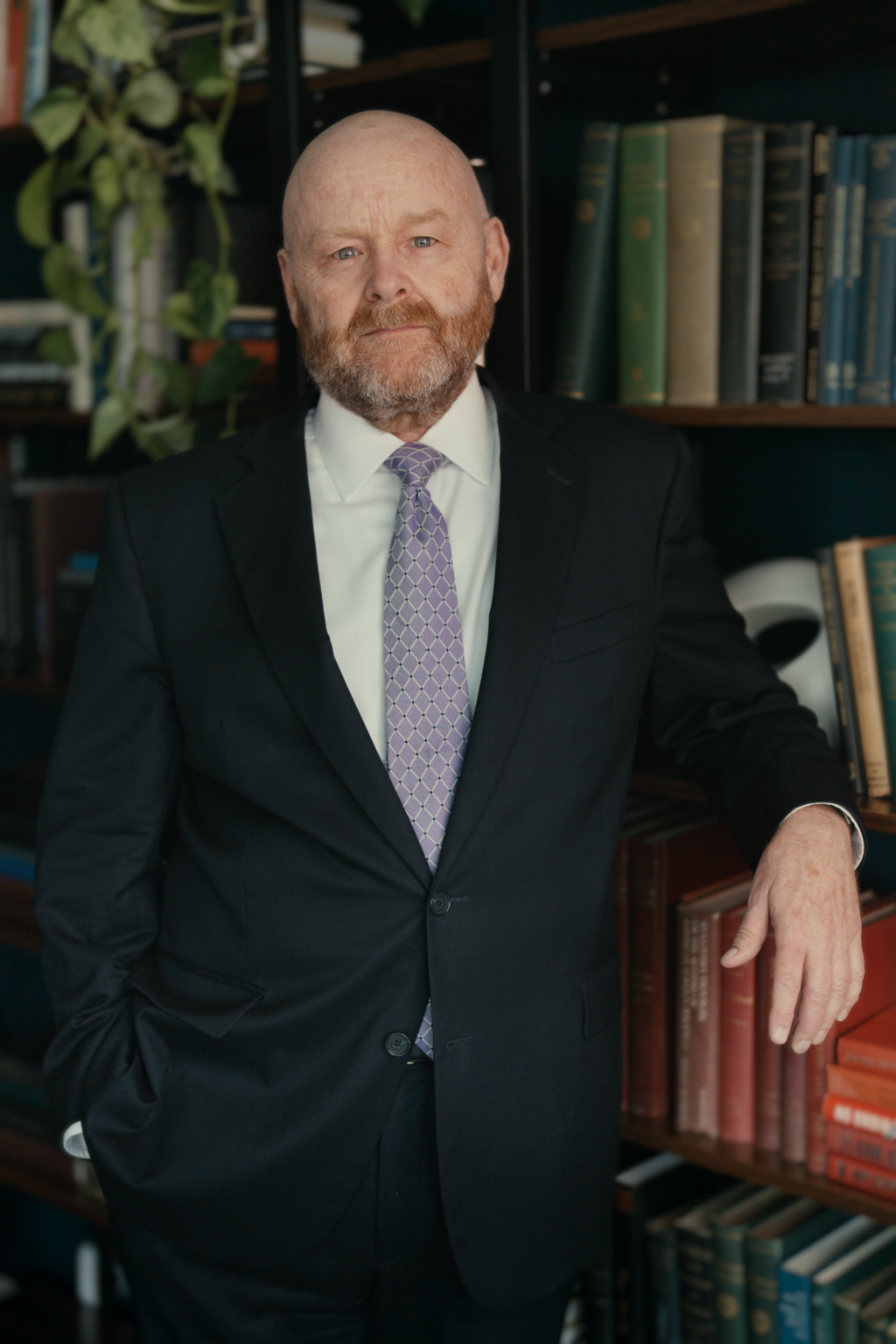Guest Post: Google Ideas and Council on Foreign Relations Team-up on Counter-radicalization
By experts and staff
- Published
Experts
![]() By James M. LindsayMary and David Boies Distinguished Senior Fellow in U.S. Foreign Policy
By James M. LindsayMary and David Boies Distinguished Senior Fellow in U.S. Foreign Policy

Home-grown terrorism has emerged as a major policy challenge. But why do some young people heed the call of religious or ideological zealots and embrace violent extremism? To help answer that question, CFR is teaming up with Google Ideas, Google’s new “think tank/do tank,” to look at why some young people see violence as a solution and what strategies work in turning them away from violent extremism. I asked my colleague Jared Cohen, who is Director of Google Ideas as well as Adjunct Fellow at CFR, to explain how we intend to tackle this critical challenge.
Last fall we launched Google Ideas as a “think/do tank” to bring experts on global challenges from a variety of sectors, disciplines and experiences, together with people who have a deep understanding of technology. Today, we’re announcing our first event--and the subject certainly is tough and important--what turns young people toward and then away from violent extremism.
Google Ideas and the Council on Foreign Relations (CFR) will host the “Summit Against Violent Extremism” in Dublin, Ireland between June 26 and 29, convening former members of violent organizations from inner-city gangs to right-wing militants and religious extremist groups. What makes these “formers” unique is that all have rejected violence and are now actively and publicly working for groups that fight extremism and are recognized by local governments and law enforcement.
With more than 50 percent of the world’s population under the age of thirty and the vast majority of those characterized as “at risk” either socially, economically, or both, an oversupply exists of young people susceptible to recruitment by the extremist religious or ideological group closest to them in identity or proximity.
Approximately fifty former extremists are expected to participate in the Summit, along with more than 200 representatives from civil society organizations, academia, technology companies, victims’ and survivors groups, government, media, and the private sector. They represent a wide spectrum of voices and experiences coming from Asia, the Middle East, Latin America, the United States, and Europe, including Ireland. Victims of violence will also be represented.
The Dublin conference will explore the reasons former extremists turned to and then away from violence. It will examine ways in which connection technologies—the Internet, mobiles, and tablets—present challenges to stem recruitment and opportunities to tackle the problem of radicalization.
Google Ideas and the Council on Foreign Relations aim to initiate a global conversation on how best to prevent young people from becoming radicalized and how to de-radicalize others who are currently engaged in violent extremism.
The ideas generated at the conference will be included in a study to be published later in the year. In addition to radicalization, Google Ideas is also focused on the role technology plays in fledgling democracies and fragile states. We look forward to engaging on these important issues and sharing what we find.
